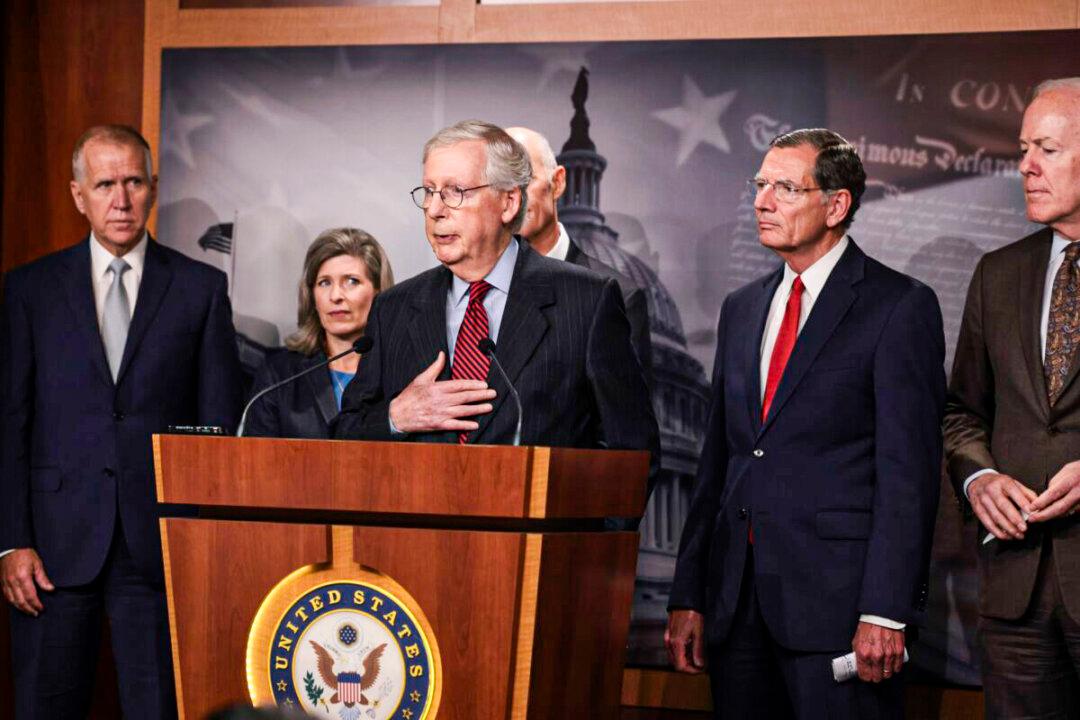News Analysis
On Wednesday evening, Russian President Vladimir Putin ordered his troops to begin an invasion of Ukraine. The invasion and the tensions leading up to it have put on full display divisions between the old guard of the Republican Party, who have called for a major U.S. response, and the new populist wing of the party, who have called for the United States to stay out of the conflict.





